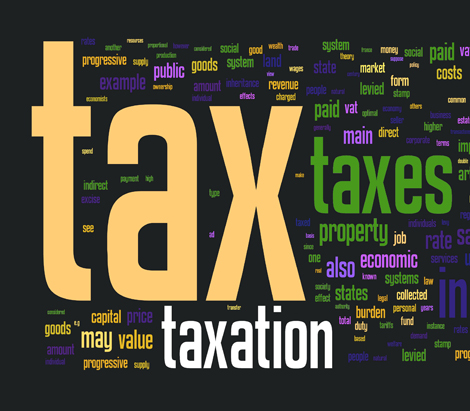
OECD Action Plan Aims to Close Tax Loopholes Used by Apple and Others
After being under pressure to devise a new corporate tax regime, the Organization for Economic Cooperation and Development (OECD) finally has released a 40-page action plan, revealed as part of the G20 summit, in Moscow on Friday. The plan details a proposal that would cut back tax avoidance practices used by Apple and other companies, reports Bloomberg.

“It’s a matter of justice and fairness that multinational companies pay their fair contribution” to national budgets, German Finance Minister Wolfgang Schaeuble told reporters today before a meeting of Group of 20 finance chiefs and central bankers in Moscow. Without “fair burden sharing, in the end we will destroy even a global, open economy,” he said.
The 40-page report will complement efforts by deficit-laden governments to increase revenue they collect from profitable enterprises. It follows hearings in the U.S. and U.K. revealing how companies avoided billions in taxes by attributing profits to mailbox subsidiaries in places like Bermuda and the Cayman Islands.
Apple has been the target of accusations claiming it has used a number of subsidies in Ireland to lower its international tax rates. Back in May, a report signed by the U.S. Senate Permanent Subcommittee on Investigations, pointed to Apple, saying the company has avoided billions in domestic taxes, using a scheme called the “Double Irish.”
Although Apple `was cleared, the U.S. initiative has been picked up in countries such as Ireland and France. In the end, the Irish parliament voted against calling Apple in front of an investigation committee, but France didn’t. Interestingly, Apple has denied the parliament’s request to answer questions about its tax practices.
While in the hot seat, Tim Cook denied that its company has failed to pay its taxes, and even said that Apple pays every dollar it owes.

